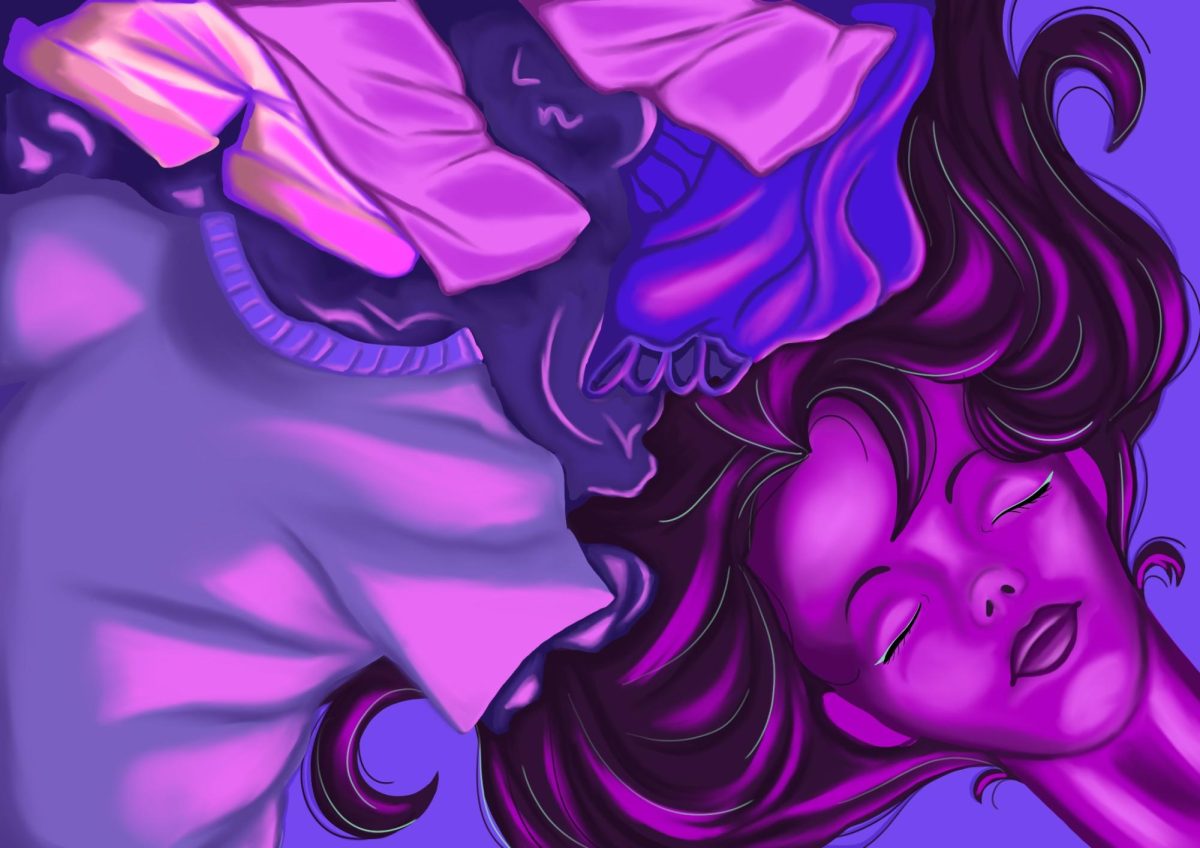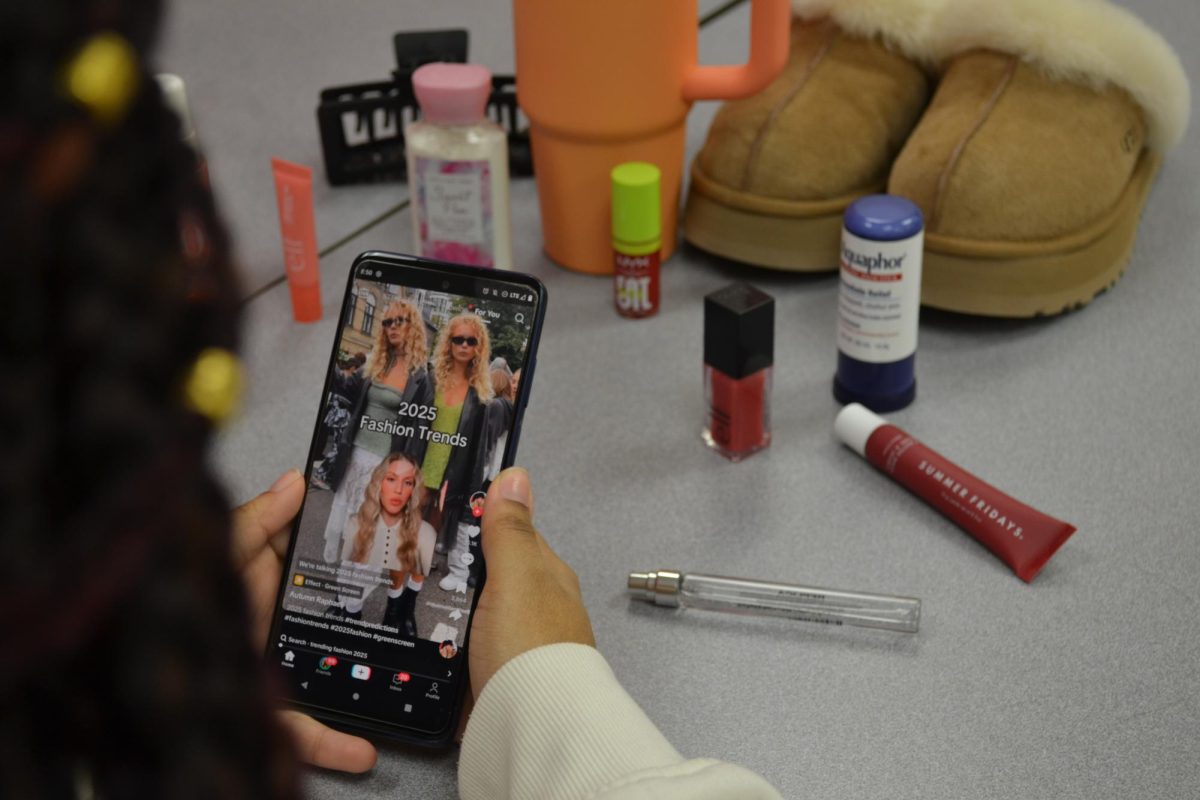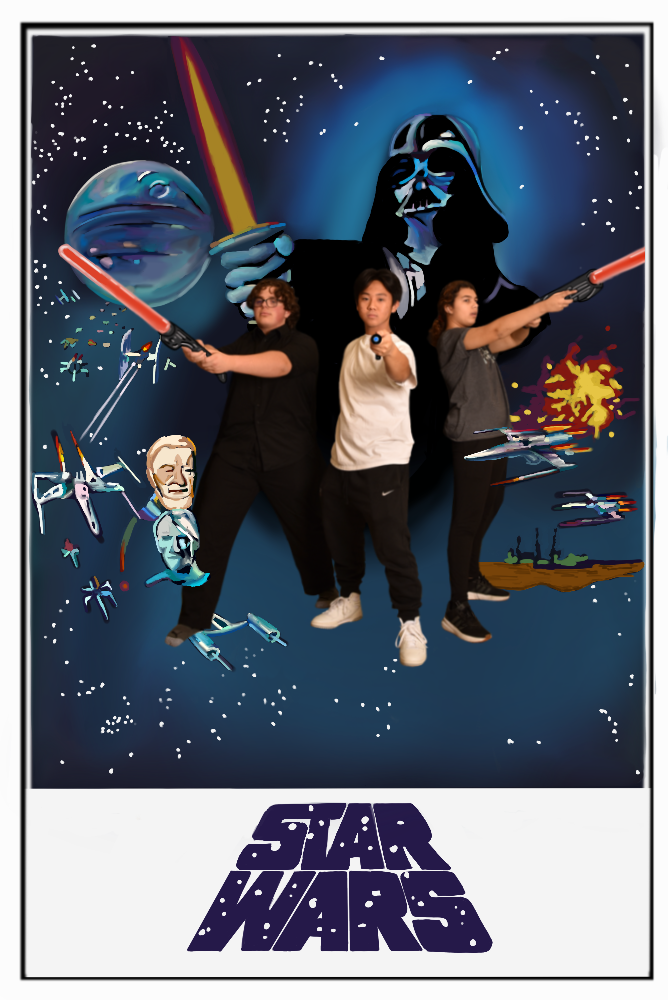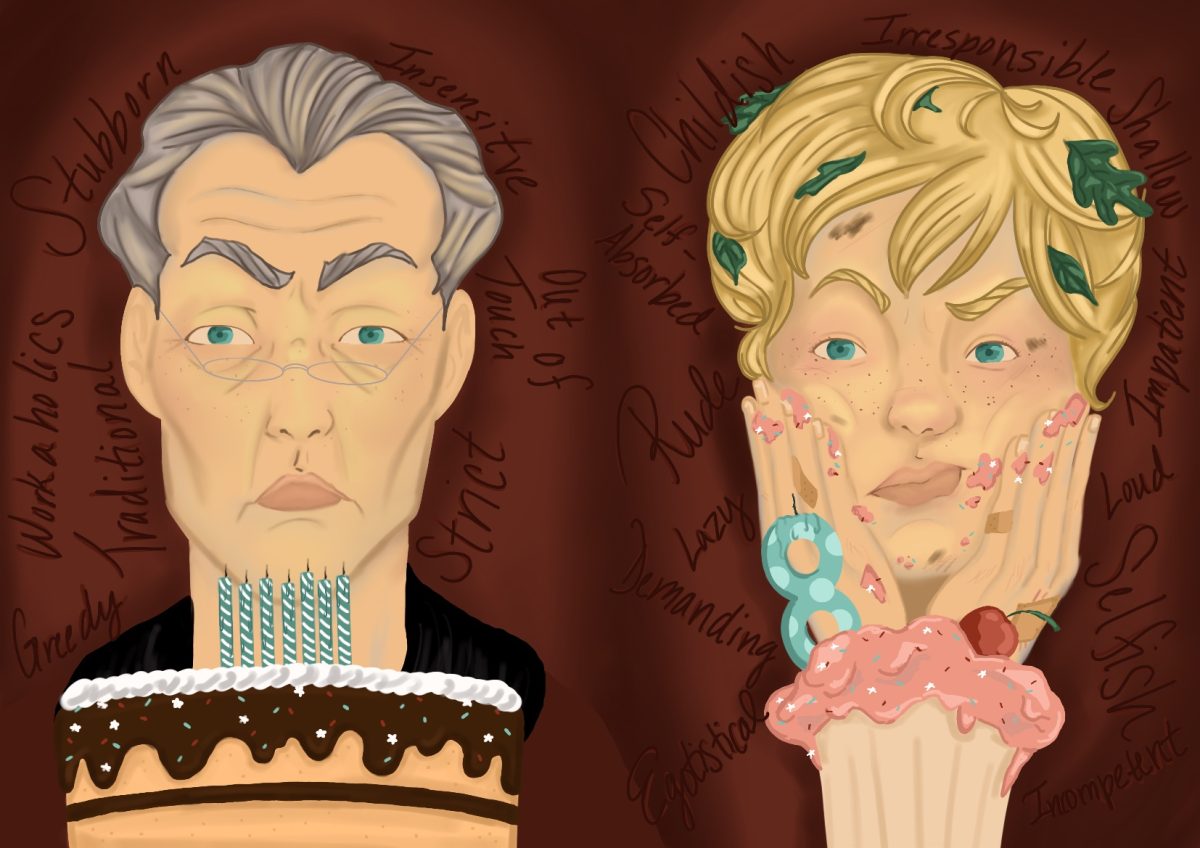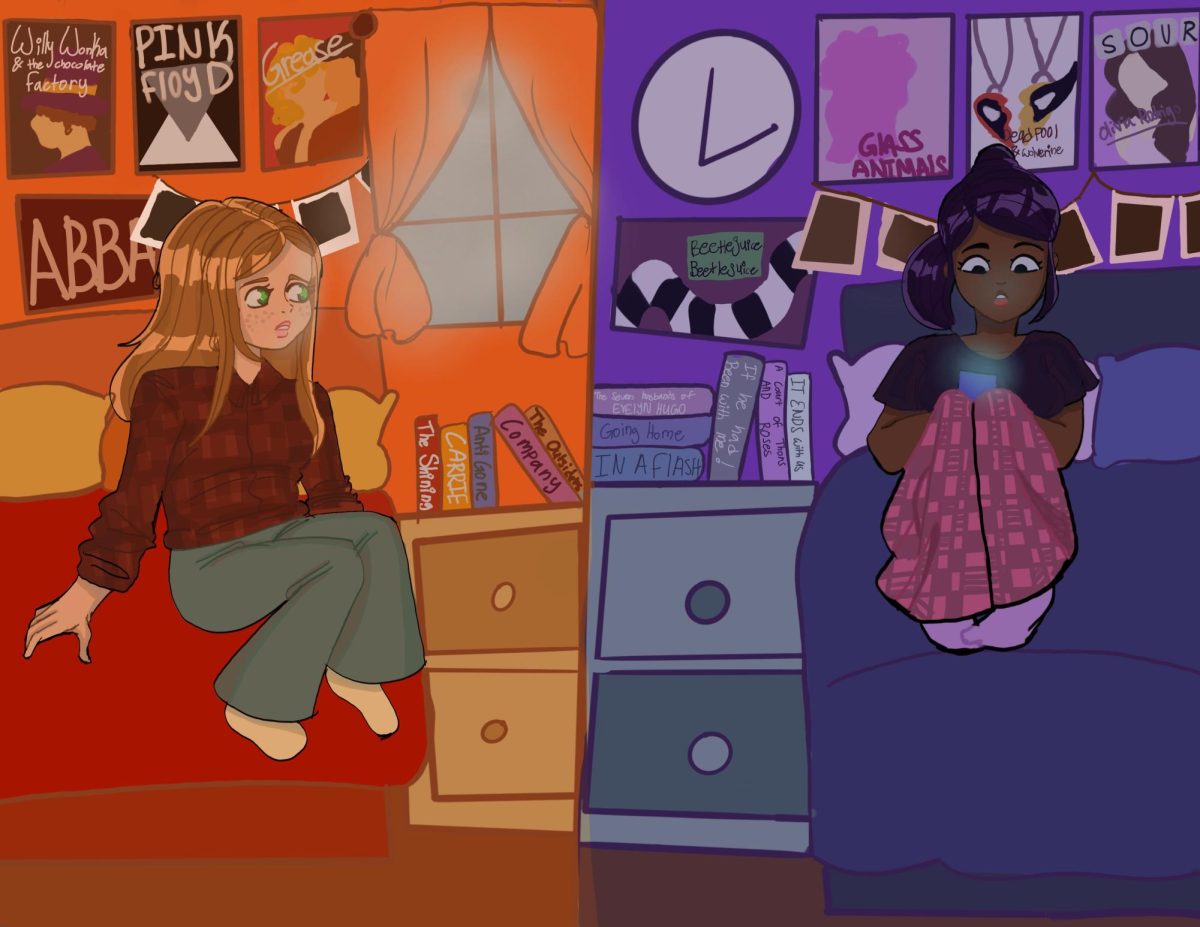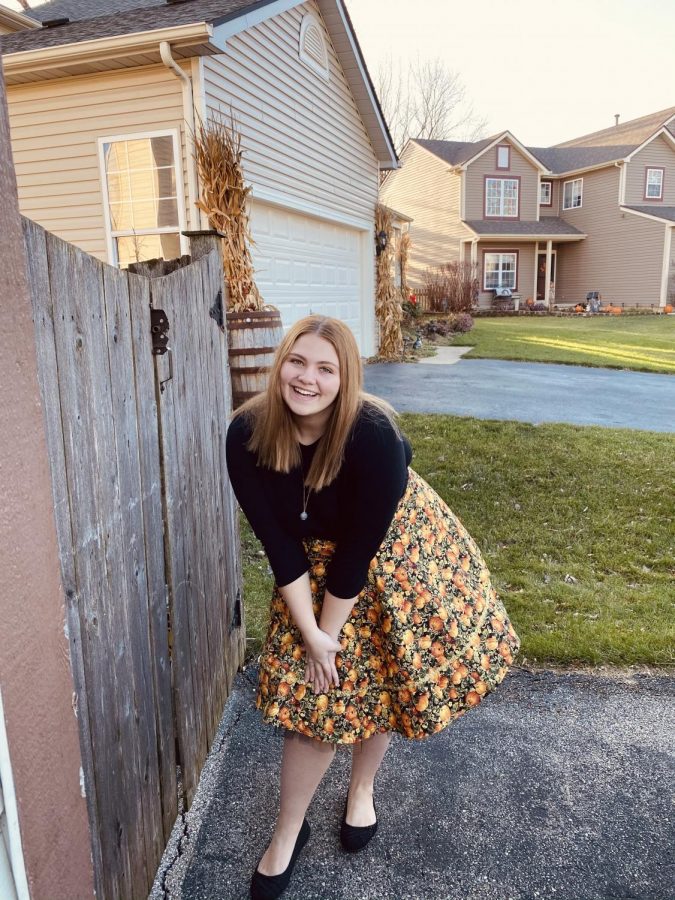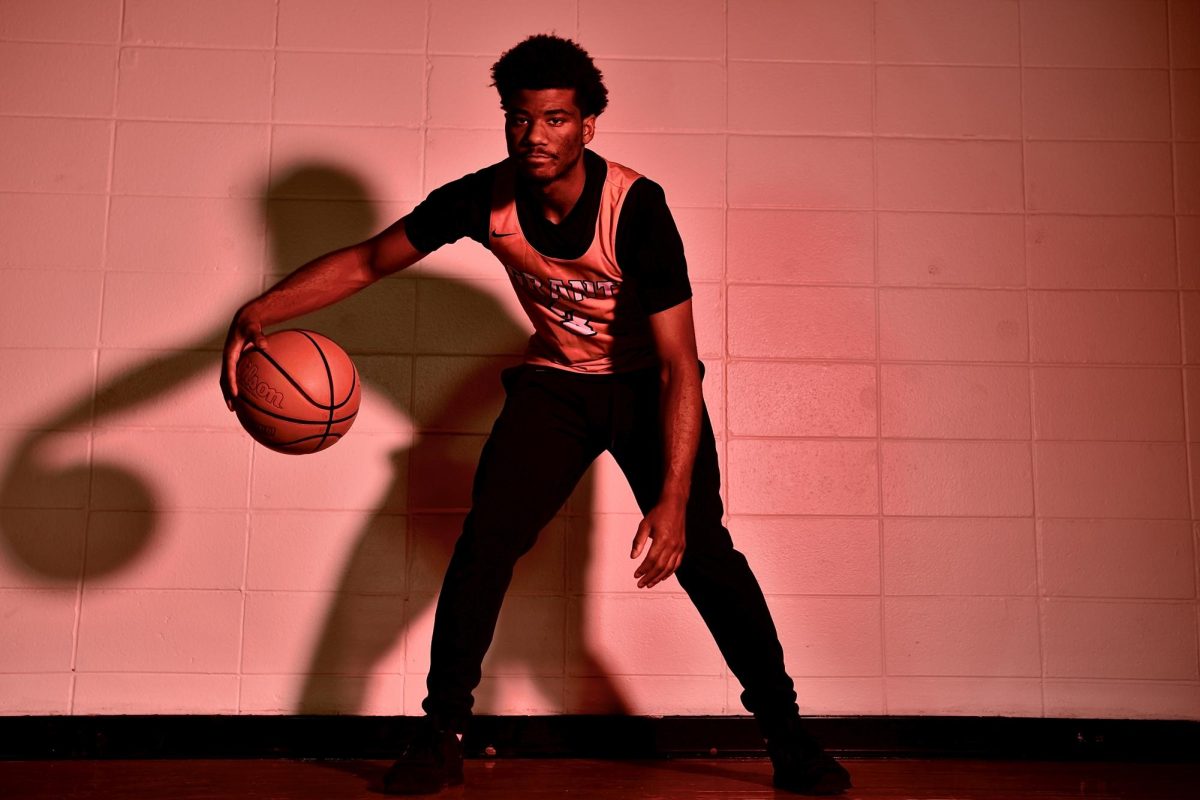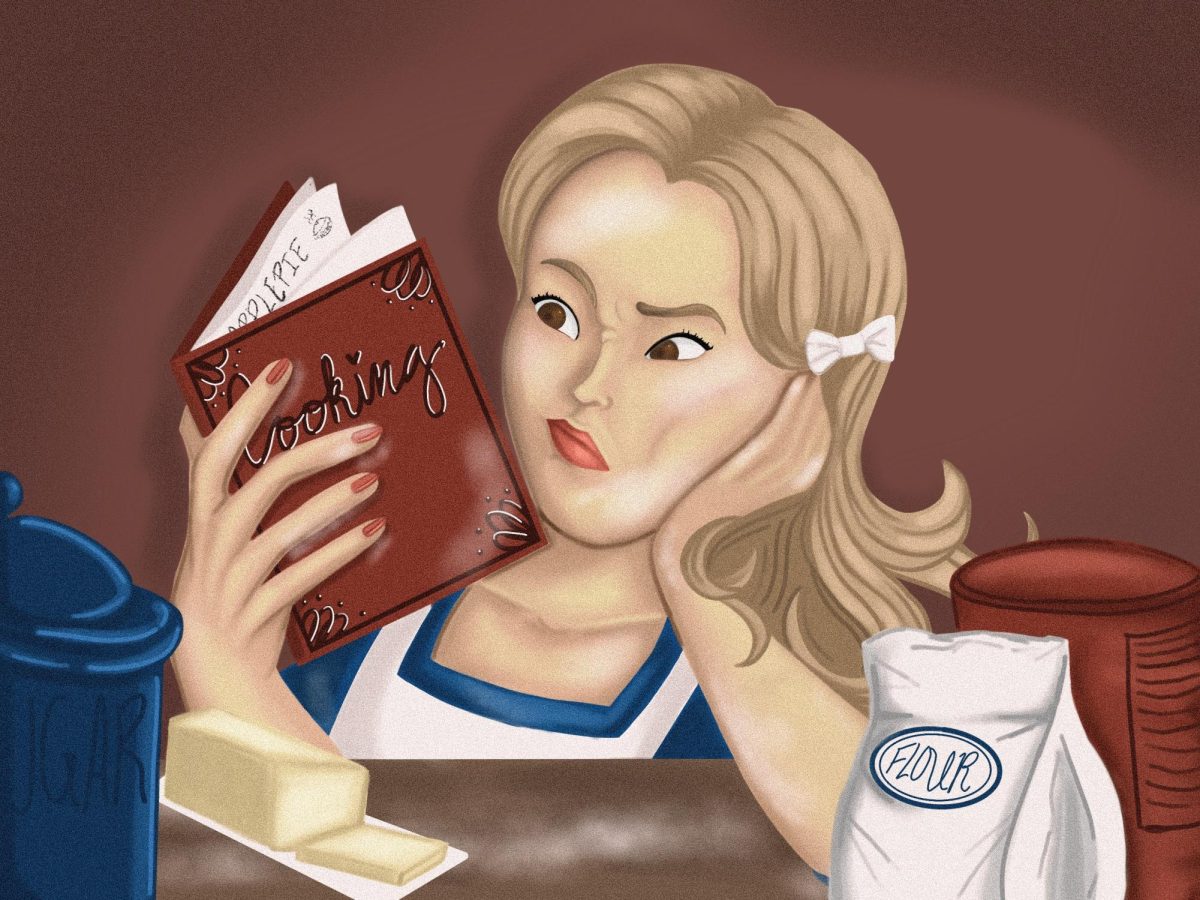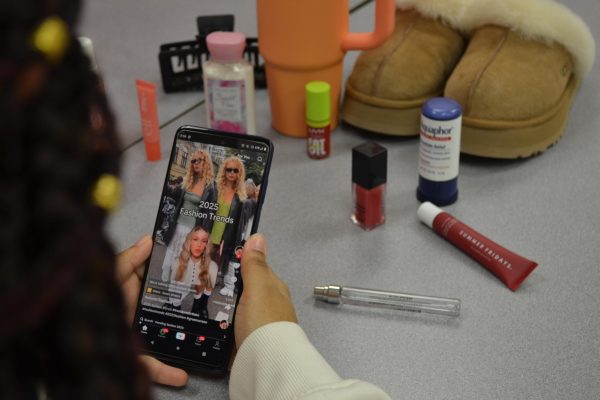
The most impactful years of our lives are debatably our teenage ones. It is an extremely impressionable period of our lives when we transition from children to young adults, whose minds are constantly growing and evolving. We are consistently gaining new responsibilities, and obligations, and making fundamental decisions that shape our futures. The added stress of ever-changing social media trends can make fitting in with our peers difficult.
With the rising popularity of Stanley Cups, Ugg slippers, and Summer Fridays, teens are influenced to buy the next trending item to keep up with their friends. Teens will post these items and trends on their social media pages to maintain appearances. However, this can affect the teens who are viewing these profiles.
“If you see a girl in the hallways, and then you go on her Instagram page and she posts pictures and she seems to have a perfect life and anything she could ever want, you’re just going to keep on comparing yourself, even if you don’t know the real her,” freshman Sasha Leonce says.
Teens often compare themselves to their peers when scrolling through various social media apps. Comparison between teenagers and their classmates can be detrimental to their mental health. Unfortunately, it can cause teens to feel resentment and jealousy towards the people they see online and in school. It can make teens feel as though they are not “good enough” for not being able to have certain things, even if that reason is ultimately out of their control. Nevertheless, social media can be beneficial for some when used correctly.
“Social media platforms can be used for healthy competition, but some use it negatively. They use it to bring that person down or talk behind their back,” says junior Lance Lavajo. “Other times when they try to fit in, it takes away from who they are as a person. They create a mask, just so that they are seen as a normal person rather than who they are.”
Teens should be able to use social media as a positive form of self-expression. They can use it to connect about their interests, hobbies, and what makes them who they are.
Ultimately, teens all over the world question whether or not they fit in, if they are being judged, and what they need to change. In reality, people would much rather get to know you, not the persona you create.

